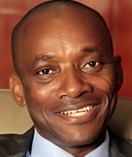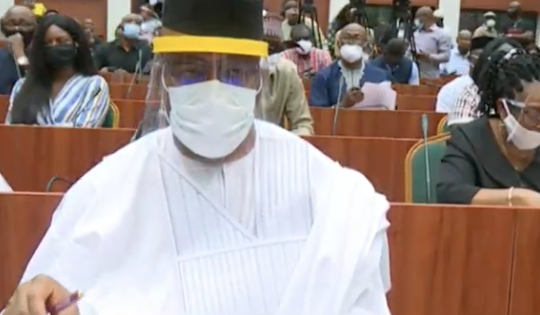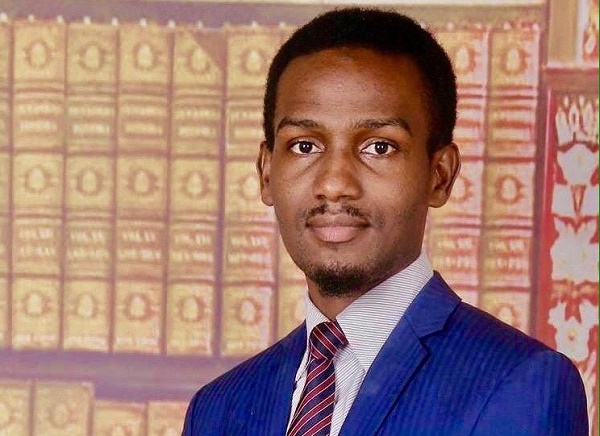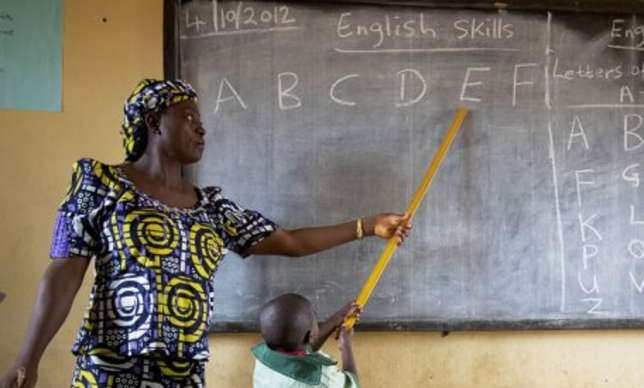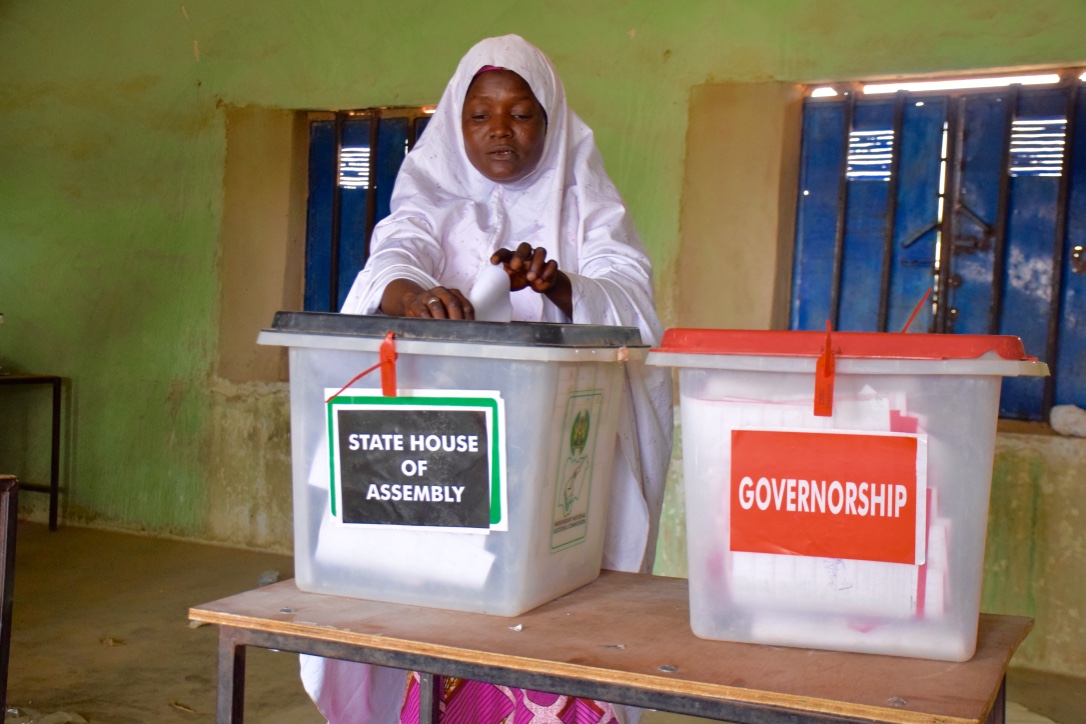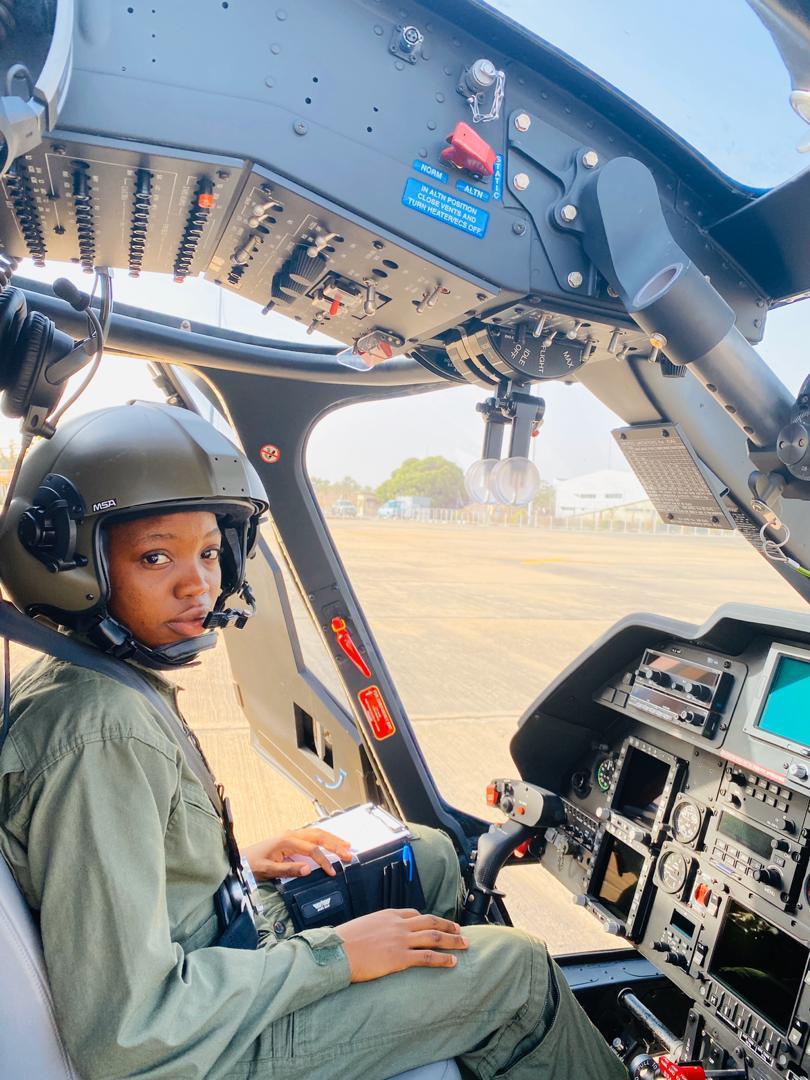As we enjoy the Niger Delta special corruption opera playing on the nation’s prime time shows, we should reflect deeper on the fate of Niger Delta’s trapped peoples. I think this crisis should convince anyone who really pays attention that the region does not need special interventions. It needs just justice. Give the region justice and see how it transforms into a prosperous and peaceful habitation. Justice would mean decisive action to regulate oil business, single-minded commitment to invest significant oil revenue in quality human and physical infrastructure and institutionalization of fiscal sovereignty and democratic accountability in the region.
The present dispute is about the looting of the Niger Delta Development Commission (NDDC) fund. Anyhow you view it and whoever between former Governor Godswill Akapbio and Ms. joy Nunieh you think is telling the truth, what is clear is that the NDDC funds are looted. The looting of Niger Delta special intervention funds did not start today. This looting partly explains the presence of much poverty and deprivation in the midst of so much cash flowing into private pockets. Just an example. Bayelsa state has almost no industry but it has too many banks. What do these banks do in Bayelsa? They move plenty cash between a few prominent and connected Bayelsans. So, whereas bayelsans are poor and mostly miserable, the prominent and connected citizens are moving from bank to bank. We can extend this to other Niger Delta states. The region is a rentier territory.
Enemies of the Niger Delta misunderstand this phenomenon and misuse it to fault the case for justice for Niger Delta. The people of Niger Delta are just victims of Nigeria’s predatory and patrimonial state. Many Niger Delta leaders are complicit just as many north east leaders are complicit in the religious terrorism and impoverishment in the zone. Apply the same logic to the southeast and the southwest and everywhere else in Nigeria. The ordinary people on all sides are victims. The leaders of Niger Delta are like other Nigerian leaders: criminally corrupt and mindlessly selfish.
The real problem is that the mode of federal response to the peculiar crises in the Niger Delta lends to the sort of wastage and criminal plunder that characterizes the Nigerian political economy. Until we change the mode, we will continue to loot the finance of Nigeria and leave behind compounding poverty in the midst of potential wealth By the way, I said ‘we’ because it is not only Niger Deltans, whoever they are, that are the looters of development funds for the region. As Ken Saro-Wiwa said during his trials, there is a Nigerian consensus to cheat the Niger Delta. What he did not say is that there is an elite consensus across Nigerian geopolitical and ethnic divides to cheat Nigeria. The looting of the country’s resources is a religion. The only difference is the looting in the Niger Delta has very devastating economic and security effects. Remember David Cameron reportedly once said ‘if the amount of money stolen from the Nigeria in the last 30 years was stolen from the UK, the UK would cease to exist”.
Advertisement
My understanding that we need to change the model of addressing the human and environmental crises in the Niger Delta region derives from three memorable encounters with the region. These encounters reinforce the view that this endowed region does not need the sort of special intervention like the NDDC or OMPADEC. What the Niger Delta needs is justice. This justice consists in three simple tasks: regulatory intervention to solve ecological disaster; administrative review to increase fiscal autonomy and engender democratic accountability; and efficient infrastructural development to enhance human development. None of these tasks requires NDDC sort of intervention. Throughout the history of Nigeria, from 1958 till date, this option has always presented itself. But Nigerian leaders have always chosen the interventionist option that embeds the region deeper in the economy of corruption and neopatrimonialism.
My first moment of epiphany was during the trial of Ken Saro-Wiwa and other Ogoni leaders for the murder of fellow Ogoni leaders. The murder arose from violent community conflict over how best to respond to environmental degradation and political disempowerment of Ogoniland. Because the model for developing the region oriented towards rent-seeking and cooption, it meant that Ogoni elites would take on each other. Throughout the trial, I paid attention to narratives of how the model of special intervention fuels elite opportunism which in turn entrenches political brigandage. This current saga reinforces the realization. Niger Delta has become an ailment which cure is worse than the disease.
During the trial, Shell, an alleged accomplice in the judicial murder of the Ogoni leaders, arranged a technical committee to deal with the crisis of sustainability in Ogoni and other Niger Delta oil communities. Shell’s Niger Delta Environment Survey (NDES), led by Professor Claude Ake who later resigned, may be a public relations stunt, but it made more sense than subsequent government interventions. The logic is that the crisis of the ecology in the region is mainly a technical crisis that requires evidence-based strategy and policies. the NDES focused on generating evidence and insights for sustainable development in the region. The NDES, because of its parentage, was discredited and not much came out of it.
When Obasanjo became president, he established the NDDC as a response to the growing militancy in the region post-Ogoni crisis. He appointed his campaign communication director as the first head of the NDDC, evidence of political patronage. Mr. Onyema Ugochukwu, a reputed journalist and political leader, had no technical competences that recommended him for that position of managing development intervention. Ever since, the NDDC has become a fishing pond for party bigwigs, especially those who missed out on gubernatorial contests and trustworthy enough to be handed ‘safe’ custody of campaign war-chests.
Advertisement
The judicial murder of Ogoni leaders changed the dynamics of the Niger Delta agitation for ecological justice and human rights. As Ken Saro-Wiwa predicted during his trial, the peaceful means gave way to violence. After his judicial murder, the struggle for justice intensified even as the oil companies and the government deepened negligence and complicity in further destruction of the environment. As a graduate student, I led a research team on behalf of the US Center for Economic Rights and Nigeria’s Social and Economic Rights Action Center (SERAC) to investigate the degree of access to effective remedies in the region for violation of rights and livelihood. That research resulted in a report that pointed to the perverse incentive in Niger Delta development and the need for a paradigm shift. Specifically, the report faulted the idea of interventionist agency for the region and argued for a project management approach that focuses on delivering clearly defined project outcomes within clear budget circles and financial parameters. That was my second encounter with the Niger Delta crisis.
My third encounter was as a member of Presidential Committee on the Niger Delta. President Yaradua probably had the best intentions for the region. His administration tried hard to figure out a lasting solution for the crisis. He touted the idea of the Niger Delta Summit to generate transformative ideas for the region. Professor Gambari, current Chief of Staff to the President, and I were designated Chairman and Secretary, respectively. Niger Delta activists opposed Gambari’s headship on account of his role as Permanent Representatives at the United Nations during the judicial murder of Ogoni activists. Later the Niger Delta Summit mutated to the Presidential Committee on the Niger Delta with Ledum Mitee and Nkoyo Toyo as Chair and Secretary. I remained a member of the committee. In course of our consultation with different stakeholders and experts in the region it became clear that at the root of the crisis of the region is the problematic Nigeria’s political economy; and that development intervention in the manner of the NDDC and its ilk would lead to graver poverty and degraded social capital in the region. The committee recommended clear development projects that could be executed with value for money and without the agency of any interventionist body. More important, the committee recommended a change of model to focus on improve accountable governance and fiscal autonomy in the region.
These experiences underline the weakness of the interventionist model we have deployed in solving the Niger Delta crisis. Let us assume that Nigerian leaders really want to change the fortunes of the region in view of its importance to the economic and strategic architecture of the nation. Let us also assume that the leaders of the region are tired of profiting temporarily from the grave human and ecological crises in the region. Then we need no longer service a model that emphasizes political patronage and brigandage. NDDC and its forebears are basically a deception foisted on the people of the region with the connivance of many its elites. It is Nigeria’s avoidance of doing real justice to Niger Delta region. Think about it. The few millionaires in the region would be civil servants struggling with life like most of the ordinary people if they were not appointed to NDDC or brought close to its slush funds. Whether under Obasanjo, Jonathan or Buhari, NDDC is a slush fund. It was never meant to really develop the Niger Delta.
A truly development focused intervention for the region will be in the form of a masterplan that has clear logical and programmatic focus. It will be a plan that can be implemented by line ministries and legislatively oversighted without paying millions to some citizens of the region to carry out phantom project monitoring. It will be a plan that train 21st century professionals for the region in the best center of excellence in the world without the need for million-dollar shuttles across campuses, ostensibly to pay tuition fees and see how the wards are doing. It will be an infrastructure and human development plan that a desk office in the presidency staffed with the right expertise will design, execute, and monitor without the need for extrabudgetary spending and contract distribution to dishonorable legislators. By the way, which supra-national commission executed the Marshal Plan for Europe?
Advertisement
As we entertain ourselves with the macabre drama of NDDC probe, it is important we realize that the problem is not Senator Godswill Akpabio or Ms. Joy Nunieh. The problem is not those legislators who put hands in the jar and are wondering what happened to the cookies. The problem is not even President Buhari who made the wrong choices on personnel and process. The problem is the Nigerian penchant to solve development crisis by creating needless bureaucracy. If there is something we learnt from public choice theory, it is this: bureaucracies can be self-serving. So, do not create them when you do not need them. When you do, make them lean and focused. There is no need to solve the Niger Delta crisis with an NDDC.
What we need to do in the Niger Delta is to empanel a group of experts to review the various studies and policy reports on the region and develop a master plan with clear project designs and accurate financial and time lines, execute these projects with whole of government approach; and have a properly staffed presidential taskforce to monitor and tract. This focused approach will have no funds to dispense to Niger Delta politicians. It will have a lean operation that enhances delivery of projects that are part of consensus on physical and human development in the region.
Caveat Emptor: this remodeling will end the political economy of corruption and brigandage in the Niger Delta and provide real justice to the poor citizens of the region. Do we still want it?
Advertisement
Views expressed by contributors are strictly personal and not of TheCable.
Add a comment
